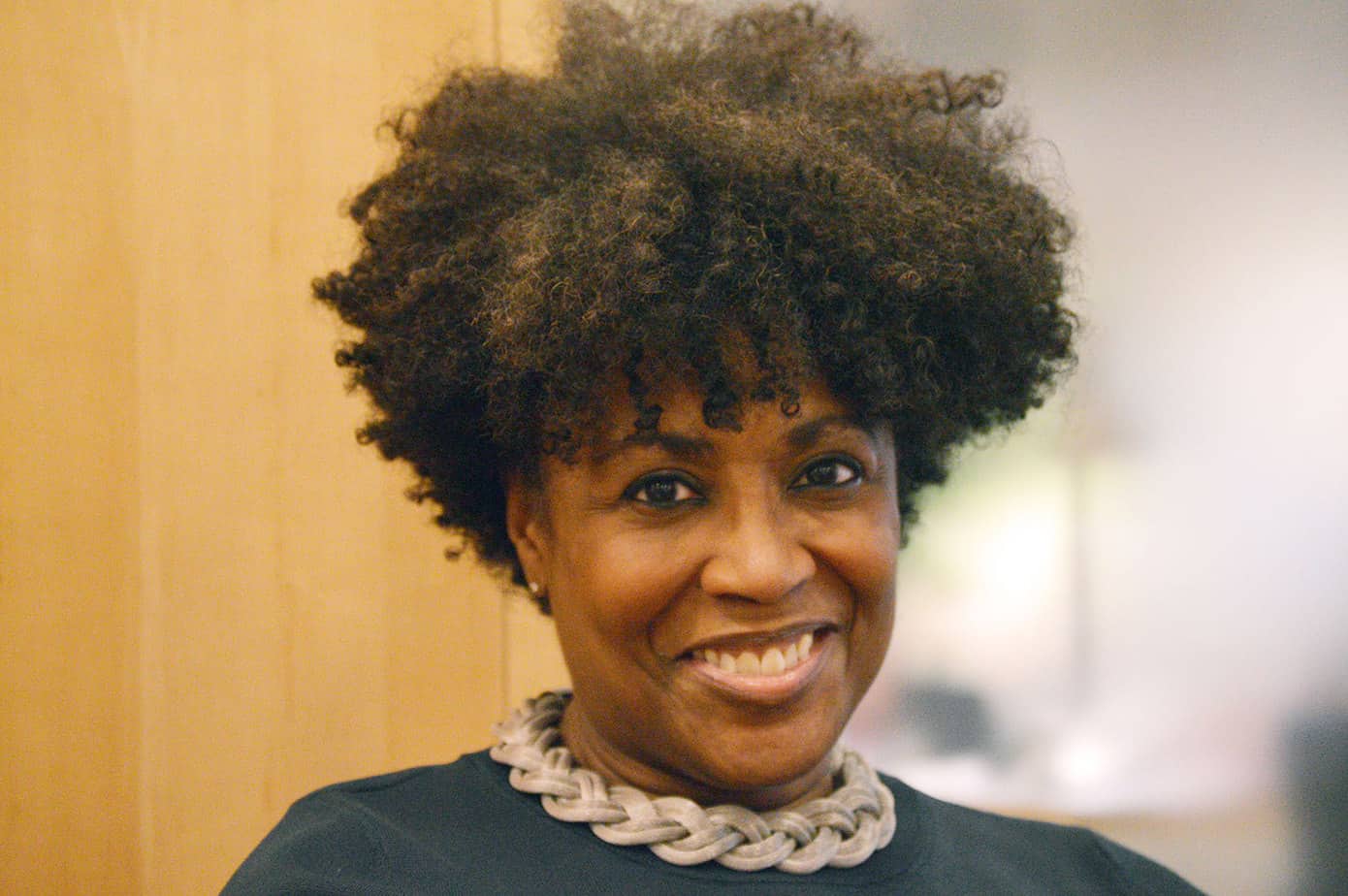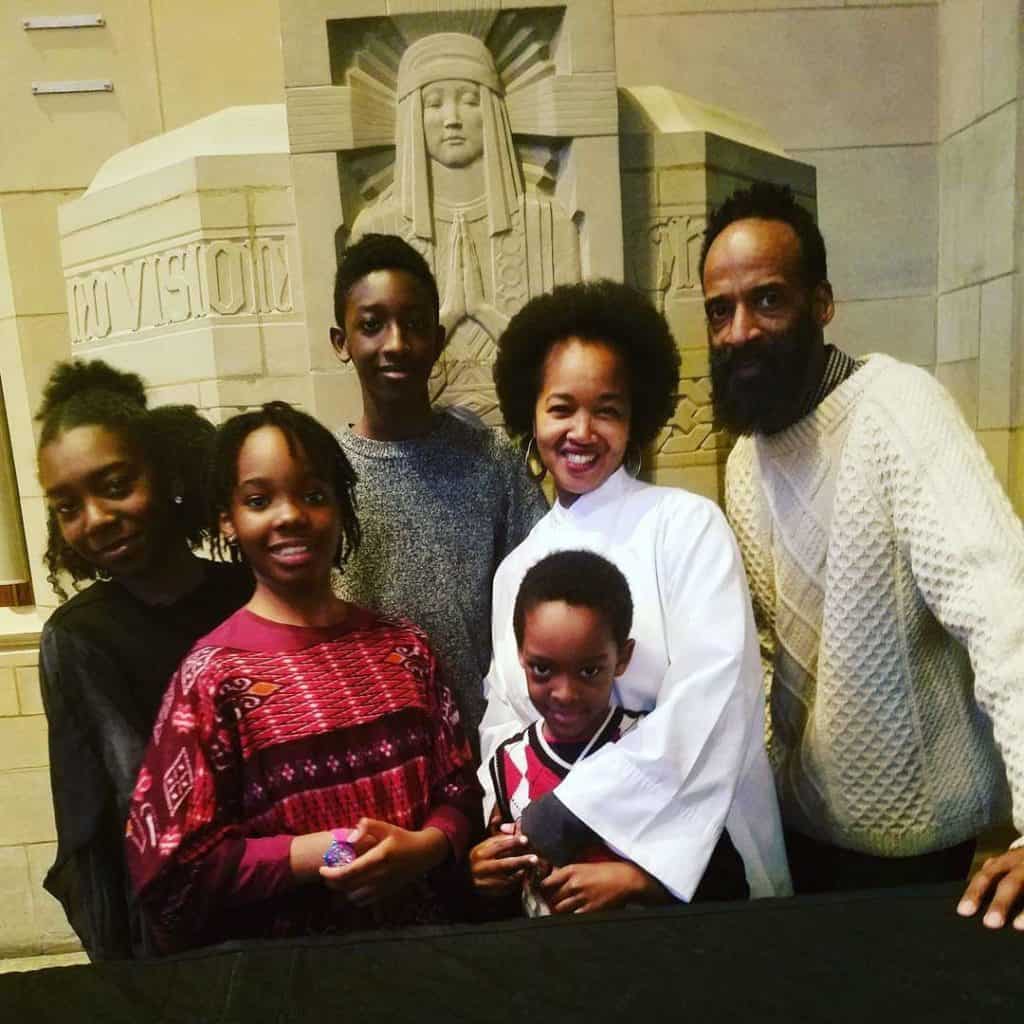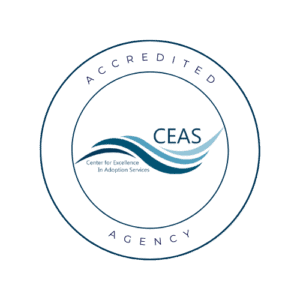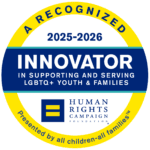In November of 2005, Ed Gordon of National Public Radio (NPR) sat down with Spence-Chapin’s then-Assistant Director of Domestic Adoption Antoinette “Toni” Cockerham and Spence-Chapin adoptive parent Lisha Epperson about African American adoption. Their conversation highlights the history of African American Adoption at Spence-Chapin, some of its challenges at the time, as well as its many triumphs.
On February 12th, 2019, Spence-Chapin brings these two incredible women back together, along with Lisha’s husband, Rodney Epperson (Lisha and Rodney have been named one of Ebony Magazine’s “Coolest Black Families”), Spence-Chapin Board Chairman Ian Rowe and his wife Sylvia Rowe, and adoptive parent Joyce Denis-Jacquet, for an evening of cocktails and conversations on adoption in communities of color today.
This important conversation is as relevant today as it was fourteen years ago. Please join us on February 12th to continue the conversation at Cocktails & Conversations: African American Adoption at Spence-Chapin.

Antoinette “Toni” Cockerham currently serves as Executive Vice President, External Relations and Family Services, where she forges and deepens relationships with the families and stakeholders that Spence-Chapin serves. Toni began her career at Spence-Chapin in 1992 as a case worker for the African American Adoption Program. Just two years later, she began managing the Minority Adoptions Program, and chairing the African American Recruitment Task Force, while collaborating with the African American Advisory Committee. Her work led to the development of two new programs—The Fathers’ Support Group and The Fathers’ Mentoring Program—and to the expansion of Spence-Chapin’s African American Adoption Program into the largest in the Northeast. In 2002, Toni became the Associate Director of the Domestic Adoption Program at Spence-Chapin, and over the next 14 years, helped lead that program through some of its most exciting and challenging times. Toni’s strong connections with adoptive families, community groups, and organizations, as well as her ongoing adoption education work through media campaigns, articles, and presentations have greatly benefitted both Spence-Chapin and the broader adoption community.






